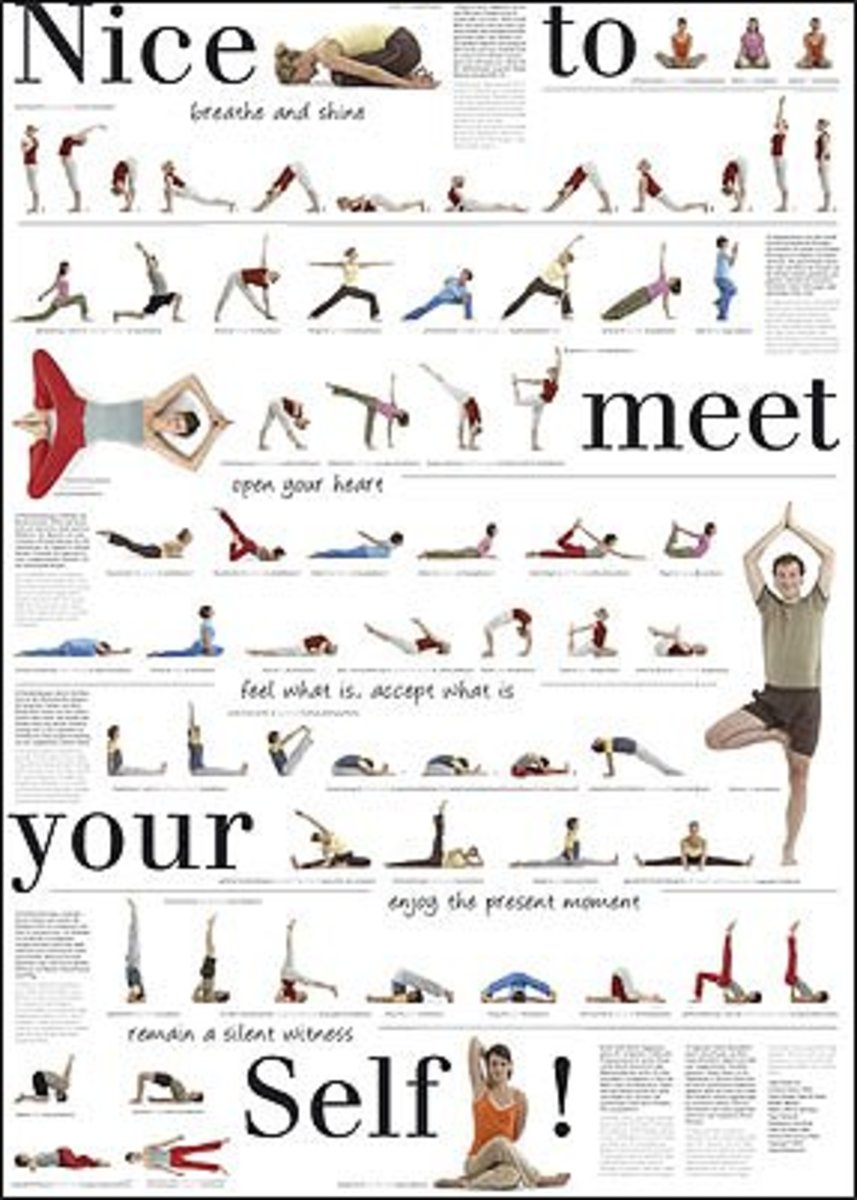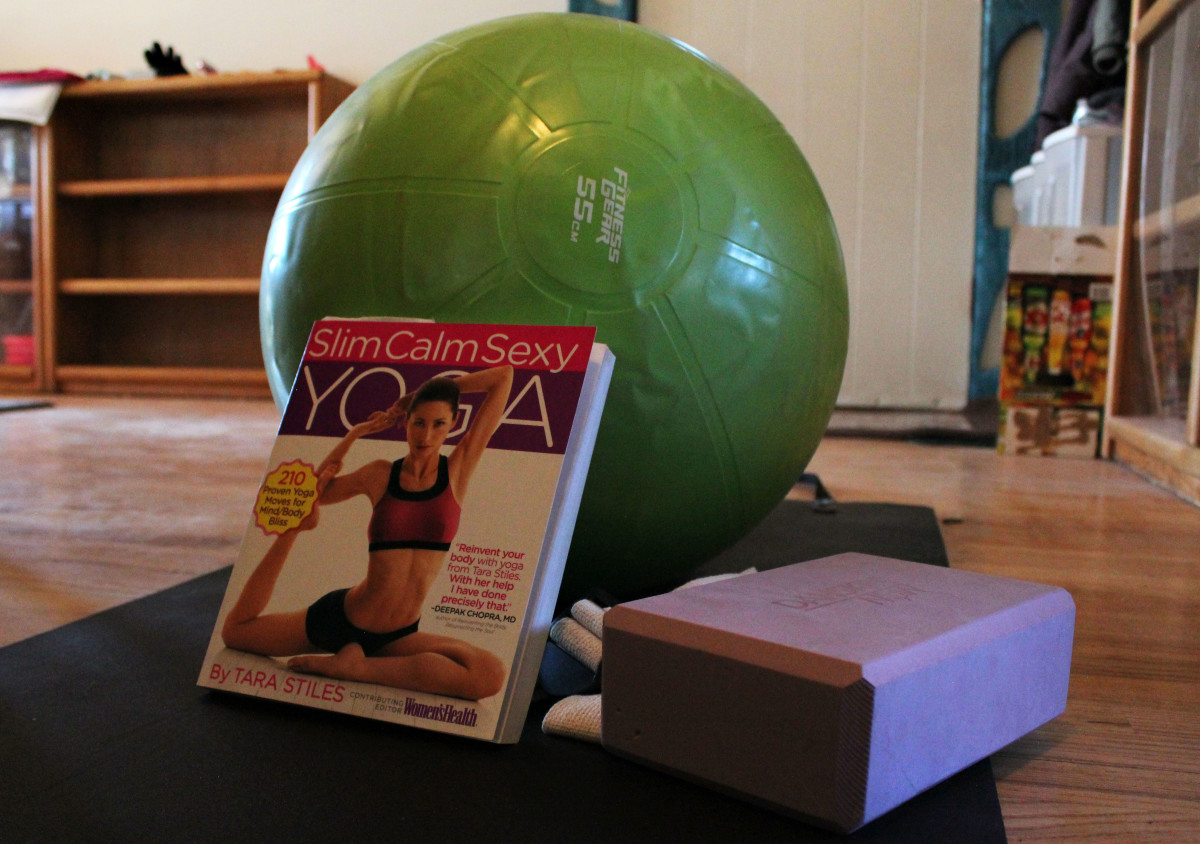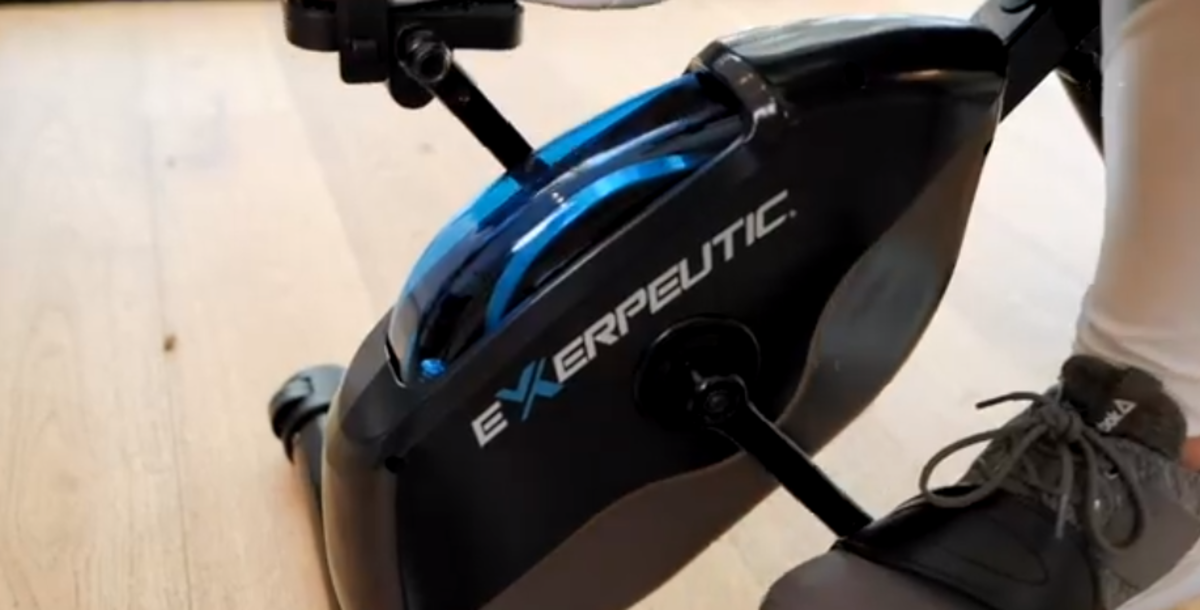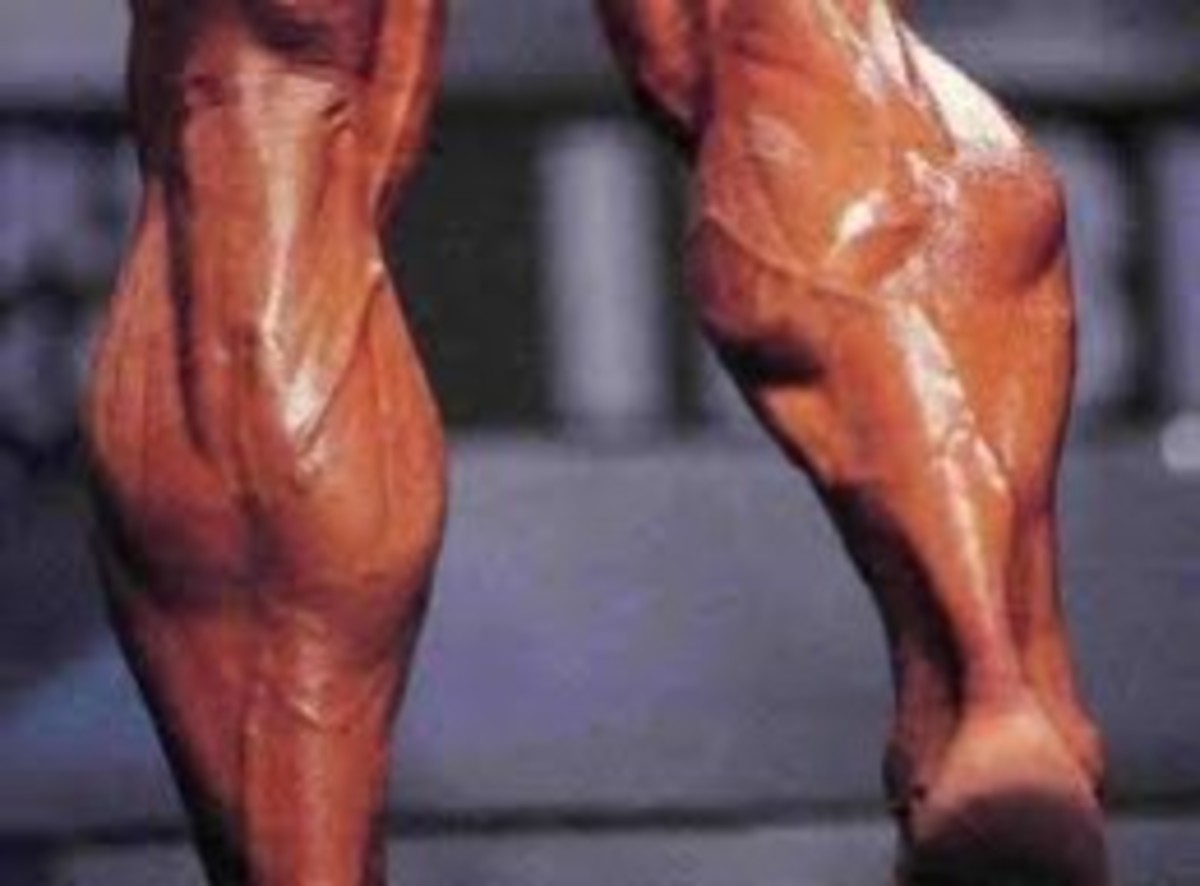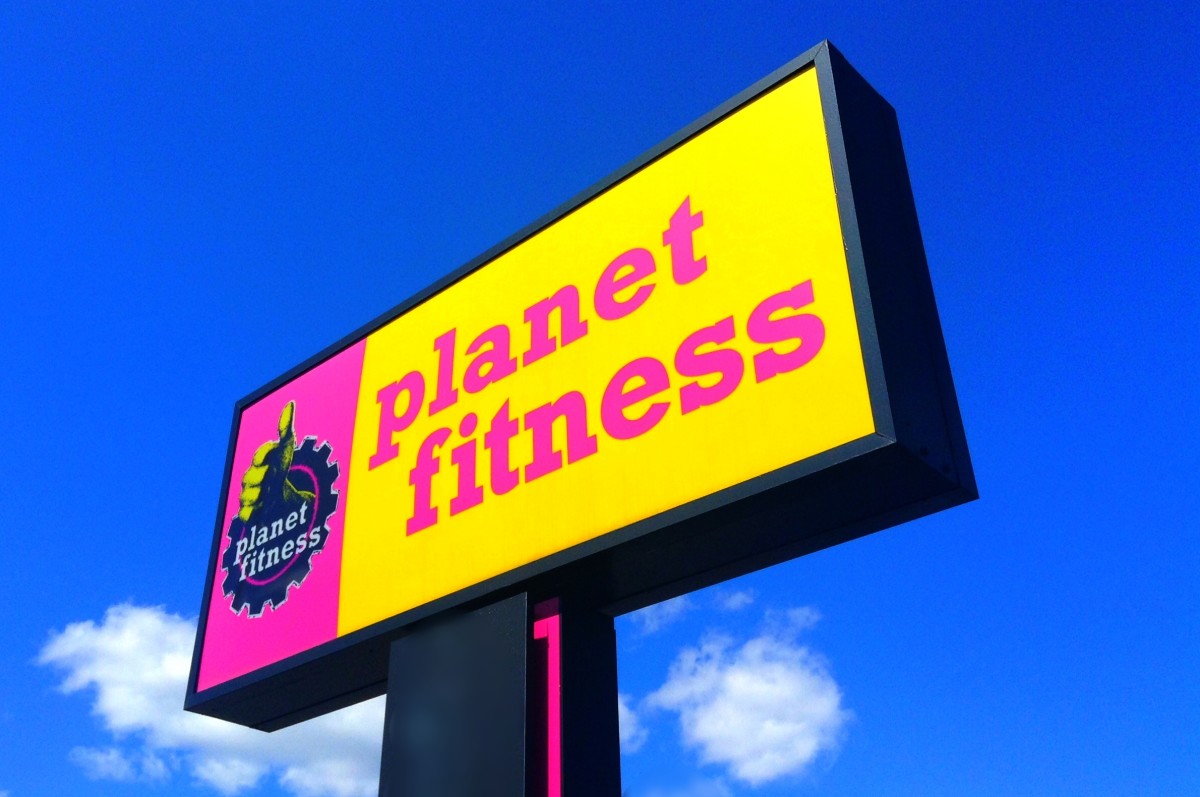5 Pilates Benefits & 2 Pilates LIES!
I am naturally dubious about trendy exercise modalities - I hate wild claims and annoying lingo and gimmicky classes. And yet, Pilates, despite its popularity, has won me over- so much, in fact, that I have become a certified Pilates instructor.
Are you wondering whether it would be worth it to learn Pilates? Not sure if you want to invest the time it takes to really learn how to do Pilates properly (for one must take the time to do this if one wants to see any of the real Pilates benefits), learn the lingo, and take classes?
I will give you an honest assessment of Pilates below. After reading, you should know if this exercise is right for you or not. I'm not trying to sell anything - you can take Pilates, or you can leave it! Just make sure that your final decision is an educated one.
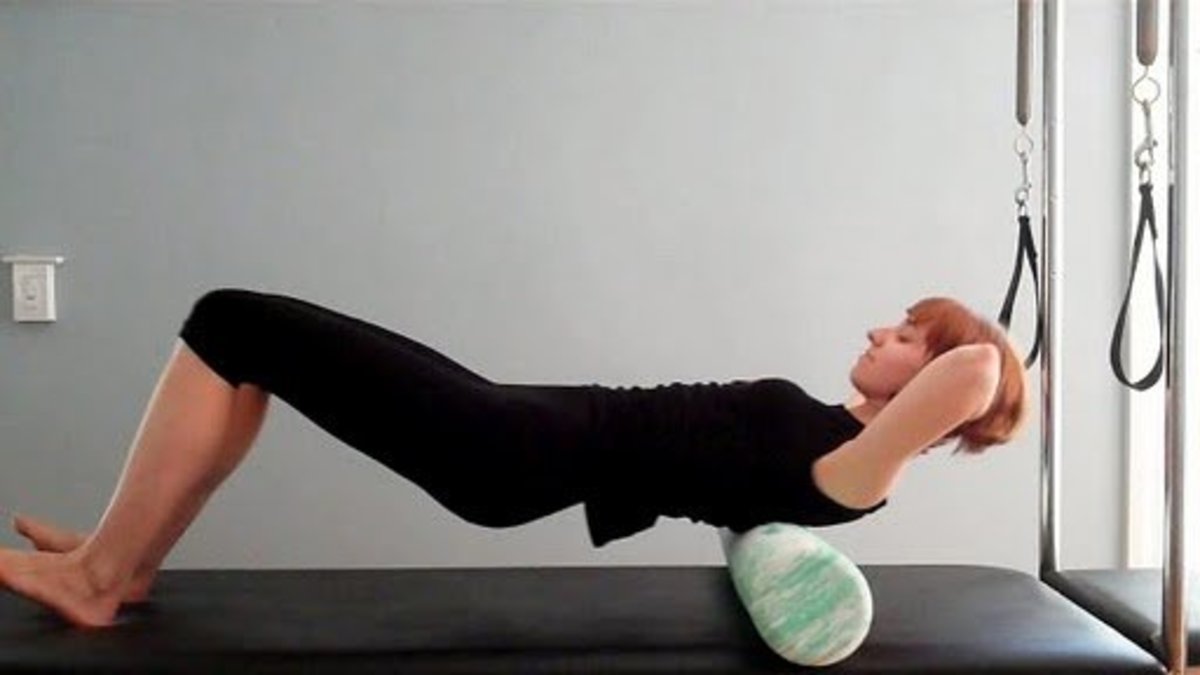
Who Should Practice Pilates?
While I had initially thought that Pilates was just for well groomed women (you probably have your own funny impression), it actually has a draw for all sorts of people, and can offer benefits to suit any sort of goal. As an instructor, I have found that the following types of people can gain the most from Pilates:
- Athletes (professional and amateur) recovering from injury: This is actually how Pilates got its start
- Athletes looking for cross-training (especially runners, joggers, tennis players, and swimmers)
- Individuals looking for an exercise to compliment regular cardiovascular workouts: A complete exercise regimen must combine cardio, strength, and flexibility. Pilates handles the strength and flexibility parts, so all you have to handle beyond that is something like walking, running, or spinning that gets your heart rate up
- Those recovering from an injury: Pilates was initially designed to allow wounded soldiers to continue to condition their bodies despite having one part injured, hence this exercise modality is especially well-suited to help people recovering, however if you decide to do Pilates for rehab, you must work in a private setting with someone who is aware of your injuries and qualified to work around them
The Top Pilates Benefits
Pilates has some extremely compelling benefits - some of which are obvious and others which are less apparent. Here are the top ones:
- Increased flexibility: The added benefit that Pilates has beyond yoga (on which, in part, it is based) is strengthening work along with this flexibility
- The development of lean muscle mass: If you want to be toned, Pilates can help you. If you want balloon-like muscles, enquire elsewhere.
- Improved posture: Pilates has turned me from a slouching slob into someone who frequently gets compliments on posture - If someone had told me I'd once be known for good posture, I'd tell them they're an idiot liar.
- Reduced pain: The alignment and good posture that Pilates gives you can help relieve back pain, shoulder tension, and other tightness and discomfort.
- Peace of mind: Taking an hour to focus on careful movement and breath takes your worries away from life, pus the good posture and alignment you get from Pilates helps you feel more comfortable in day-to-day life, which is fabulous
More About Pilates & Weight Loss
- Is Pilates a good exercise? The Truth About Pilates Weight Loss from a Certified Instructor
Are you wondering whether or not Pilates is good for you? Do you want to know whether Pilates as an exercise will help you lose weight, give you flat abs, and make other significant differences in your day-to-day life? I can tell you.
Misleading Pilates Benefits
Though the following things are potential Pilates benefits, they have been over-touted and can be misleading.
- Weight loss: Pilates helps you develop lean muscle mass, which requires more calories than fat, so having more of this means you'll have a higher metabolism. That said, if you really want to drop pounds, you'll need to engage in cardiovascular exercise that brings your heart rate up (e.g. running, biking, swimming). Pilates is a complimentary exercise to add to a cardio workout; it bring in strength and flexibility, thus balancing things, however it should not be your only effort. What's more, slim people who start doing Pilates might even gain weight, as muscle mass weighs more than the fat it is replacing.
- Six pack abs: I know Pilates teachers who want to throttle people who approach them and say they're doing Pilates to get six pack abs. Sure, Pilates can help you get a six pack, but it focuses more on muscles even deeper than that- it's silly to only want to develop one of many abdominal muscles. What's more, if you only do Pilates and don't do any cardio to help you lose that flab of your tummy, nobody is ever going to see the six pack that Pilates helps you get!
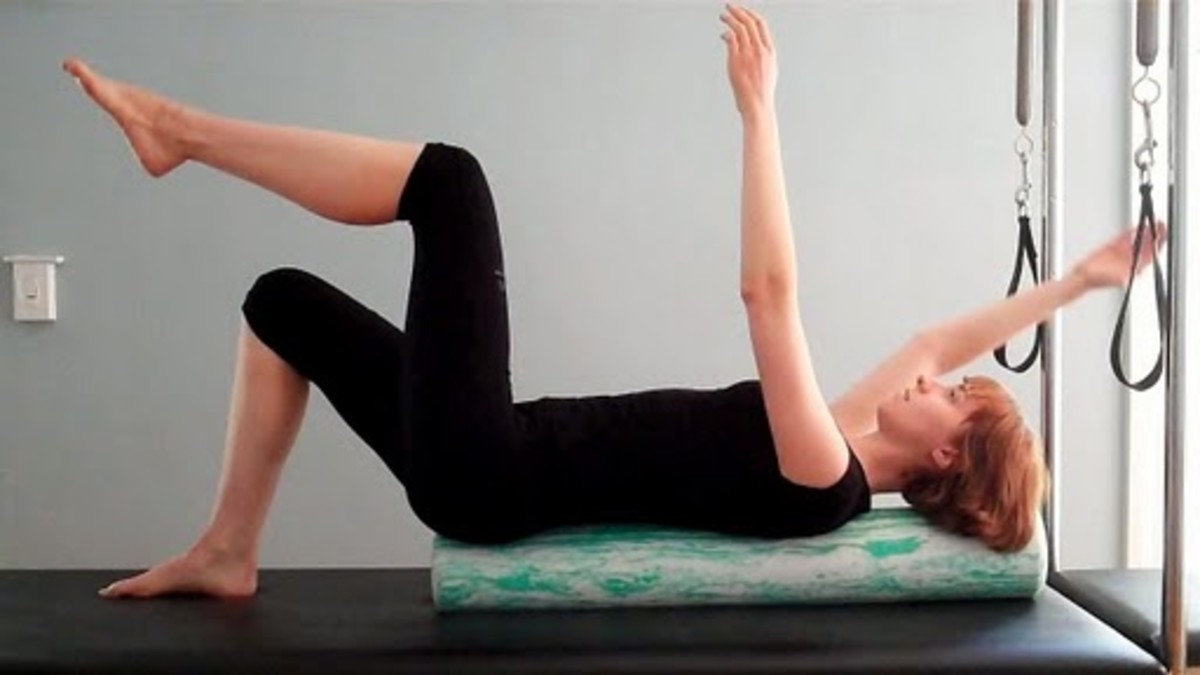
When You Should NOT Do Pilates
If you are pregnant, injured, recovering from surgery, or have osteoporosis (or any other condition that can be exacerbated by certain movements), you should not be doing Pilates in general mat classes unless you have first spent several sessions with a certified Pilates instructor or a physical therapist who can give you modifications for stock Pilates exercises that might injure you.
If you have osteoporosis, Pilates can be an issue because there is a lot of flexion in many unmodified Pilates exercises. Pilates can still make for excellent exercise for individuals with osteoporosis, however many of the exercises should be modified (head floats, for example, should be eliminated, roll overs should be avoided entirely, extension-heavy exercises like swan, single and double leg kicks, should be emphasized, etc...).
You should also not do Pilates if you find it to be painful. A lot of people associate pain with gain, and this is certainly not the case. If something hurts (beyond general muscle soreness associated with working unused muscles), that means you could be hurting yourself.
Decide for Yourself
Pilates is not for everyone - it takes time and attention to learn how to do it properly, and when you start, you might be mislead by how easy everything is (it's easy because you haven't yet learned how to access the right muscles - Pilates actually gets harder when you get better at it).
If you want to do Pilates, you'll have to be willing to commit to it. Not everybody is ready or willing to do this. Not everybody will be able to follow their commitment through. That said, Pilates has the potential to change more than just your body - it can change your outlook, overall health, and life!
If you're up to the challenge, go for it!
More Pilates Resources
- Pilates Foam Roller Exercises to Relax Your Back
There are two things I love to do with foam rollers to massage out my back. Ill walk you through both- they're incredibly simple and they feel GREAT! Lie on your foam roller with the base of your scull... - Easy Pilates Foam Roller Exercises to Improve Posture
Pilates exercises in general- especially those that focus on extension- are excellent for improving posture. Adding a foam roller to the mix can improve matters even more! Below are some simple Pilates... - Warm Up with A Pilates Foam Roller: Getting Started
Mat Pilates is great fun and very effective if you practice it correctly. One accessory that can make it even better is the foam roller. By adding instability beneath you, the foam roller forces you to... - Warming Up with A Pilates Foam Roller: Shoulder Exercises
Foam rollers have become a common prop used in gyms and peoples' homes alike. Though I most commonly see foam rollers used for passive stretching and massaging out muscles, there are many Pilates exercises...

